Lithuanians are no strangers to foreign oppressors and totalitarians. After finally winning independence at the end of the Great War, they had barely two decades of self-rule before being invaded by the Soviets in 1939. The Nazis then overran the nation in 1941, murdering more than 100,000 Jews during their occupation, before the Soviets reclaimed the country. For the next five decades, Lithuania was under the thumb of the Soviet communists, but the spirit of the people was never quelled. In 1991, the Baltic state, the home of just 2.7 million people, proclaimed its independence, the first Soviet satellite to do so, earning the wrath – and an economic blockade – from Moscow. Shortly after, the Soviet Union collapsed.
Today, Lithuania is facing new threats from oppressors. Last year, following Parliamentary approval, the government of Prime Minister Ingrida Šimonytė withdrew from the ‘17+1’ bloc of central and eastern European countries. Formed with China in 2012, the group fostered cooperation with Beijing, including Belt and Road Initiative projects. The Lithuanian Foreign Minister said the arrangements had brought ‘almost no benefits’ to the Baltic state after a decade. Not only did Lithuania withdraw from the bloc, it upgraded relations with Taiwan and allowed the Republic of China to establish an office in Vilnius, attracting the ire of the PRC which withdrew its ambassador and implemented a de facto trade embargo. Even a shipment of Lithuanian rum was blocked, prompting Taiwan to purchase it instead! Taiwan has also floated a $200 million fund to invest in the Baltic state. The European nation would be consigned to the ‘garbage bin of history’ threatened China.
There are only three strategies in the Beijing playbook: bully and intimidate; accuse adversaries of doing what China itself does; and engage in tantrum diplomacy. All three were on display with Lithuania. Not only did the PRC block imports from Lithuania, it halted goods from Europe containing parts made in the Baltic state, leading to warnings from the EU Trade Commissioner that Europe would take China to the WTO if the issue was unresolved. Not that China fears the WTO; it has flouted the organisation’s rules ever since its accession two decades ago, and its de facto ban on Lithuanian trade is outside normal WTO jurisdiction. But the warning impressed on China what it fears most: concerted action by other nations in defence of an international rules-based order.
German companies were a specific target of Beijing bullying. The car parts manufacturer, Continental, was ‘instructed’ to stop using components made in Lithuania. Europe hit back at China, imposing tariffs on aluminium exports to the continent. In turn, Taiwan is exploring the manufacture of semiconductors in Lithuania. Whether the long-standing accommodation of China by the Merkel government changes under her successor as Chancellor, Olaf Scholz, remains to be seen. German reliance on Chinese trade is significant. In his first phone call with President Xi, Scholtz spoke about trade and failed to mention human rights at all. However, the nation’s new Foreign Minister, Annalena Baerbock, a China-hawk, has called out the PRC for its human rights record and recently sent a naval vessel to exercise with the Vietnamese. EU parliamentarians have criticised China’s human rights record and an increasing number are supportive of Taiwan. At the heart of the EU is a commitment to the unity of the union and internal free trade – a factor Beijing seems to have underestimated. Senior French officials said they would push for EU action against China. The annual EU-China summit was postponed. The Lithuanian Foreign Vice-Minister stated, ‘What we decide to do, by calling Taiwan Taiwan, is up to Lithuania, not Beijing.’
Canadian Prime Minister Justin Trudeau reinforced the need for international unity against Xi’s war on the world. Better known as the ‘warrior of woke’, Trudeau nonetheless spelt out a truism of the new geopolitical realm: ‘We’ve been competing, and China has been from time to time very cleverly playing us off each other in an open-market, competitive way. We need to do a better job of working together and standing strong so that China can’t play the angles and divide us, one against the other.’ Trudeau backed up his sentiments by sending a Canadian naval vessel to the South China Sea.
Regrettably, the strategic reality is still falling on deaf ears among many in the financial and business community who cling to an outdated notion that China is a version of a free, capitalist market in which investments will remain safe and secure under the benign guidance of the CCP. Exhibit A is the head of the world’s largest hedge fund, Ray Dalio. Asked a question about the disappearance of dissidents, Dalio compared China to a ‘strict parent’. Facing an avalanche of criticism, he backtracked, insisting that he had ‘sloppily answered a question about China’ and that he was simply attempting to explain Confucian ideas about family!
Often business leaders back down in response to Chinese threats. The chief executive of JP Morgan, Jamie Dimon, sparked criticism in China when he joked that both the CCP and JP Morgan were celebrating their centenary, adding, ‘I’d make a bet that we would last longer.’ On cue came the faux outrage of then editor of the Global Times, Hu Xijin, who barked, ‘Think long term! And I bet the CCP will outlast the USA.’
Business kowtowing to China has become common place. Apple CEO Tim Cook agreed to pay China $275 billion to ensure the company met the country’s business regulations. Apple also gave the Chinese authorities full access to data on its customers in the country, something it would not even do to assist the FBI investigating a terrorism incident in 2016. Apple has also been accused of sourcing materials from businesses using slave labour. Well-known fashion brands have refused to disclose the supply chains of their merchandise even when the suppliers have been accused of using slave labour. Zara and Hugo Boss backtracked from statements distancing the brands from cotton grown in Xinjiang. Intel apologised to the CCP for asking suppliers to avoid sourcing goods from Xinjiang after consumers threatened to boycott the company’s products. Other firms, such as Walmart, which has 434 stores in China (Walmart and Sam’s Club), was accused of ‘stupidity and short-sightedness’ by the Chinese authorities after removing items sourced from Xinjiang. Even Amazon is reported to have agreed not to allow any rating under five stars for comments on Xi Jinping’s books!
Increasingly, Western countries are enacting laws that force companies to comply with international norms. The US Congress passed legislation that will ban goods from Xinjiang unless companies can prove they did not use forced labour. Legislators are also becoming more assertive. Senator Marco Rubio alleged that the consultancy giant, McKinsey & Company, had repeatedly lied to him and his staff about their involvement with the Chinese government.
Got something to add? Join the discussion and comment below.
Get 10 issues for just $10
Subscribe to The Spectator Australia today for the next 10 magazine issues, plus full online access, for just $10.
You might disagree with half of it, but you’ll enjoy reading all of it. Try your first month for free, then just $2 a week for the remainder of your first year.

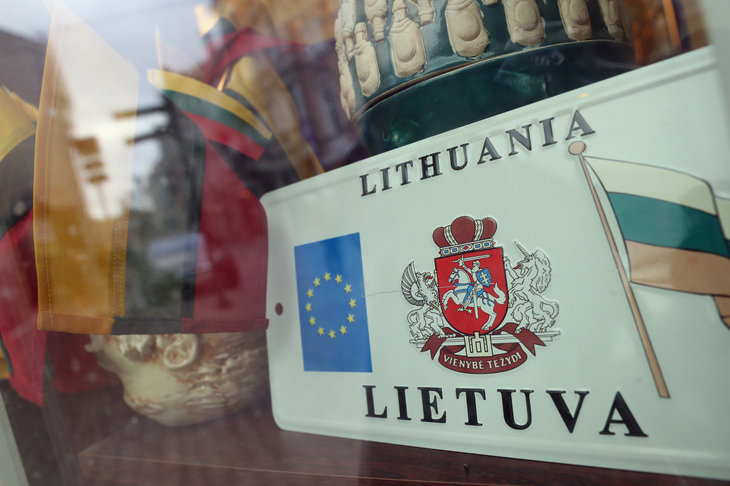
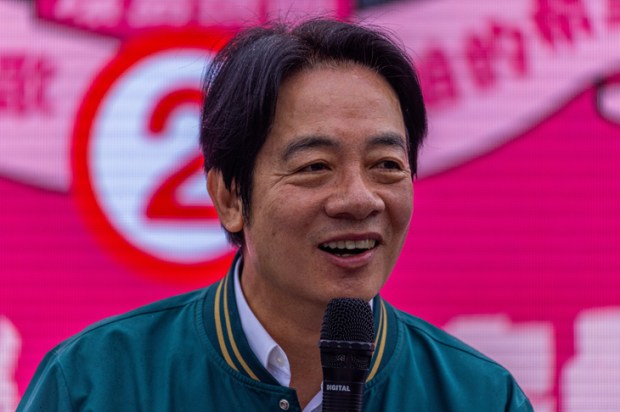
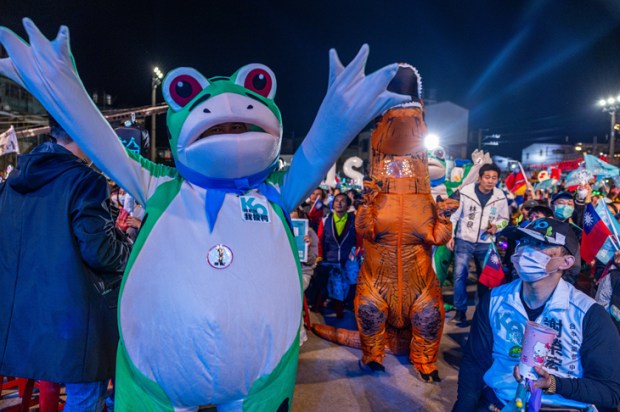
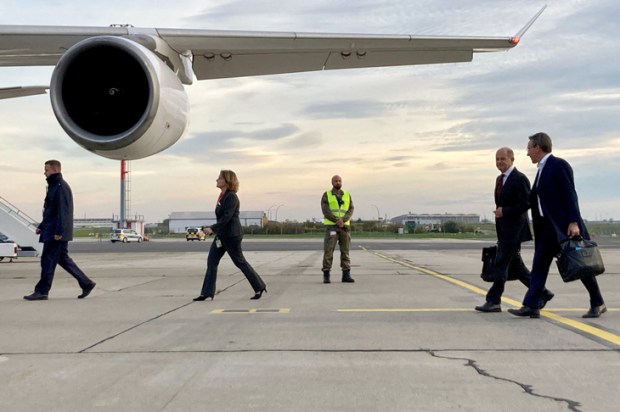
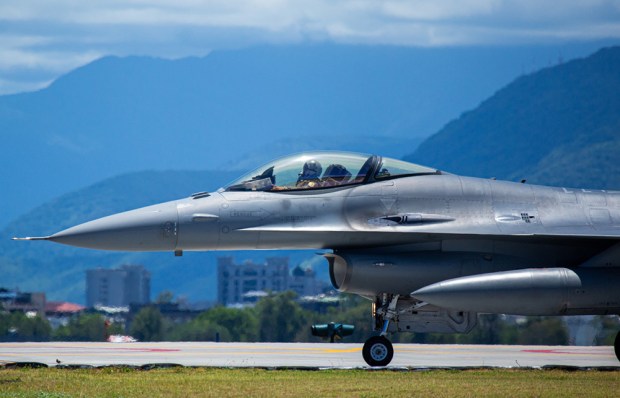
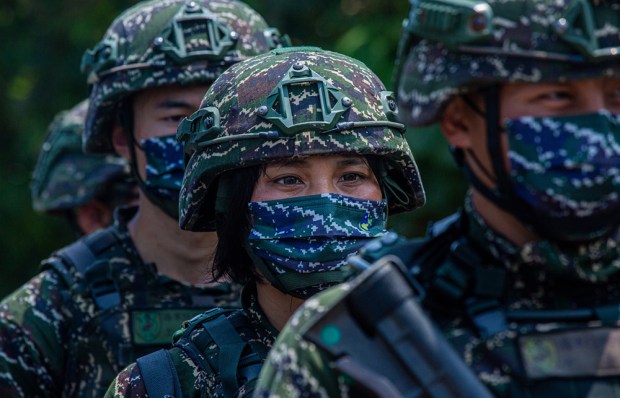
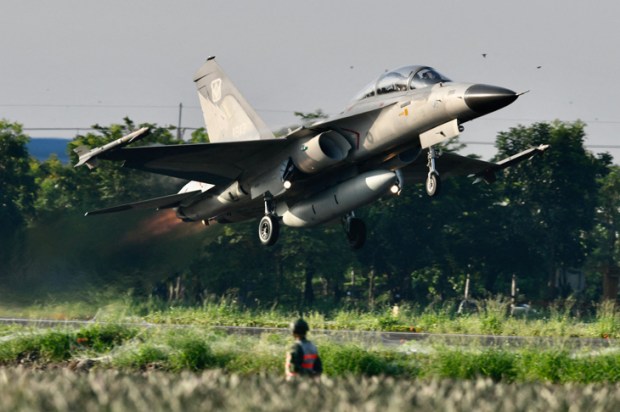






Comments
Don't miss out
Join the conversation with other Spectator Australia readers. Subscribe to leave a comment.
SUBSCRIBEAlready a subscriber? Log in